
Feeding Innovation: Inside Hospitality's Fight Against Food Waste
On a global scale, approximately one-third of all food produced for human consumption goes to waste, yet hunger afflicts one in ten, according to the United Nations agencies.
This paradox is even more pronounced in Asia, where 375 million people grappled with hunger in 2020, a number larger than the entire population of the United States. The COVID-19 crisis has only worsened the crisis.
Moral reasons aside, food waste emits methane upon decomposition, contributing to global warming. If quantified as a nation, food waste would rank third in carbon emissions, trailing only the US and China, per the World Food Programme.
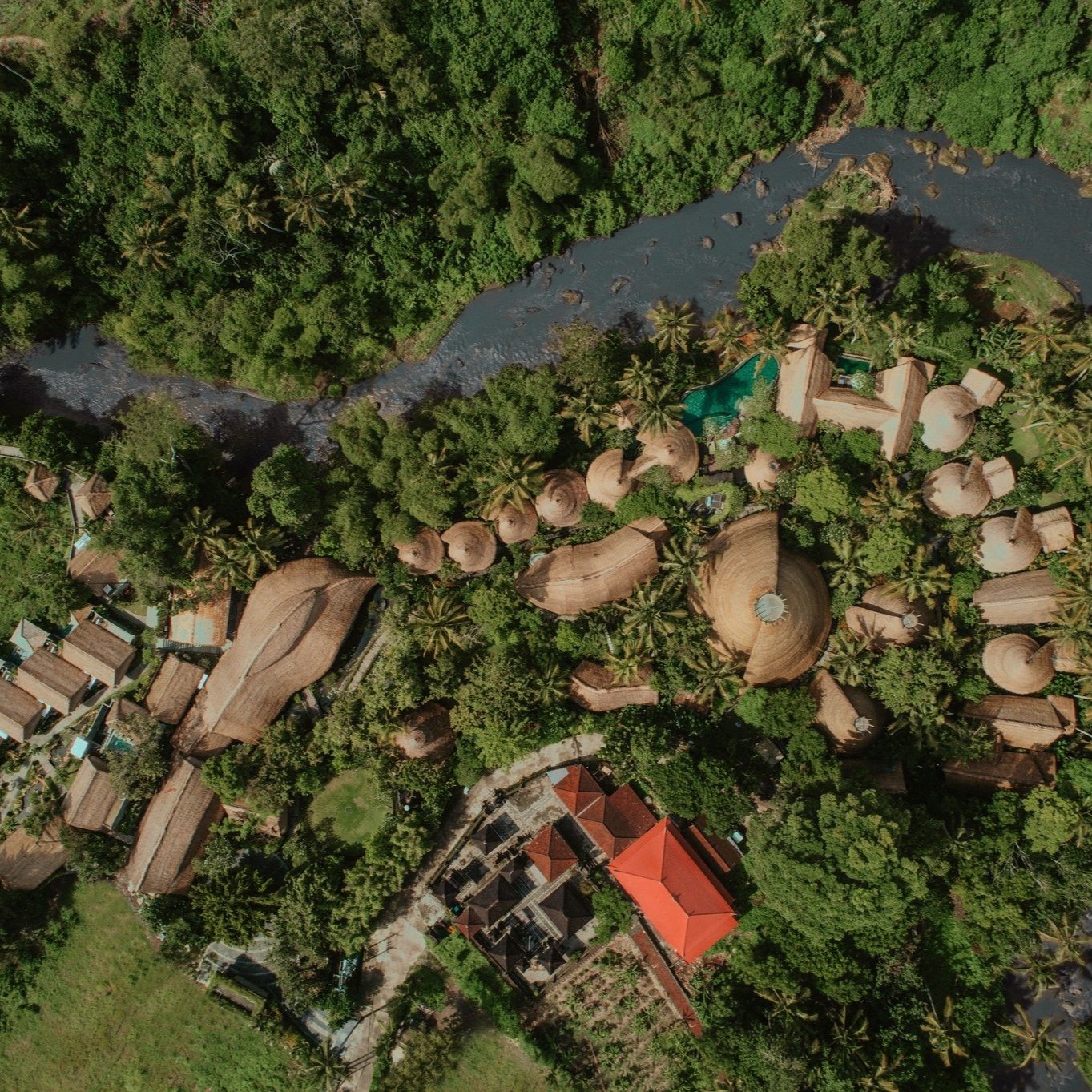
Four Takeaways From Bali’s Sustainability-Led Hotels Visit
Bali’s natural beauty and unique cultural assets, together with a creative and entrepreneurial tourism community that is open to experimentation and collaboration, have created a multitude of exciting products that cater to different traveler preferences.
This magical formula has made Bali one of Asia’s most popular tourist destinations.
At the same time, Bali has always been Asia’s breeding ground for novel tourism practices.
Sustainable tourism practices tested in Bali have the potential to attract attention and be implemented in other destinations across Asia and beyond.
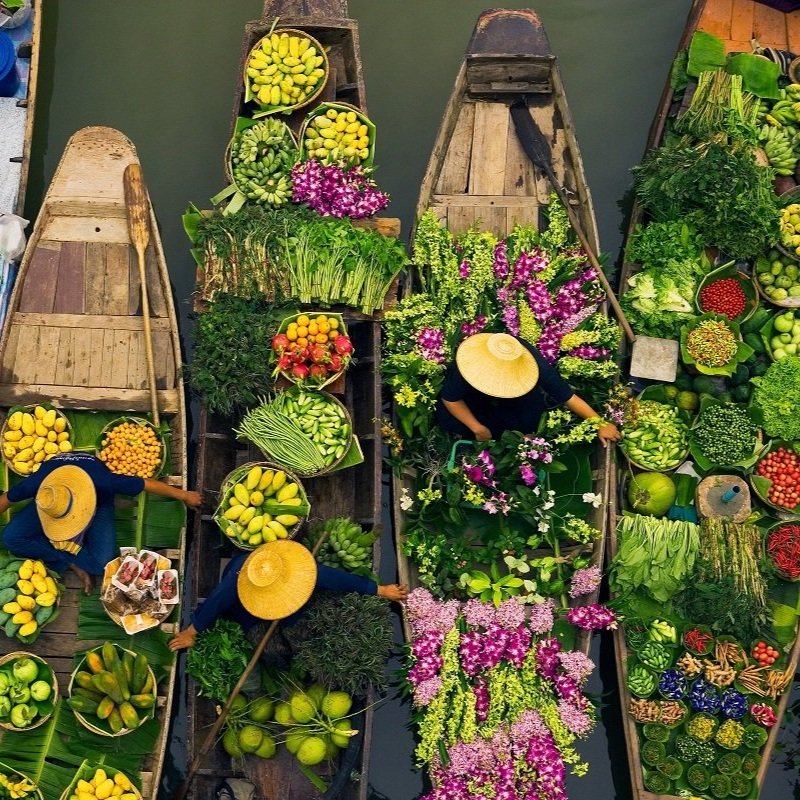
What Hospitality Businesses Must Know To Support Sustainable Food Systems, in 3 Charts.
Hospitality businesses have a superpower: they can choose where they get their food from, and what kind of food and experience they serve to people.
The Travel & Tourism sector generated 7 trillion USD, representing 7.6% of the global GDP, according to the recent figures published by the World Travel and Tourism Council (WTTC).
In 2019, the tourism sector was responsible for 1 out of every 4 newly created jobs, as reported by the International Labor Organization.
Asia accounts for half of the global food market, and the growing appetite for beef in many of its emerging middle-income countries has resulted in deforestation of the Amazon.
When a hotel or restaurant decides to prioritize locally sourced, sustainably produced ingredients, it sends a message to suppliers and farmers that there is demand for such products.
At the same time, it plays a key role in informing consumers of conscious consumption.
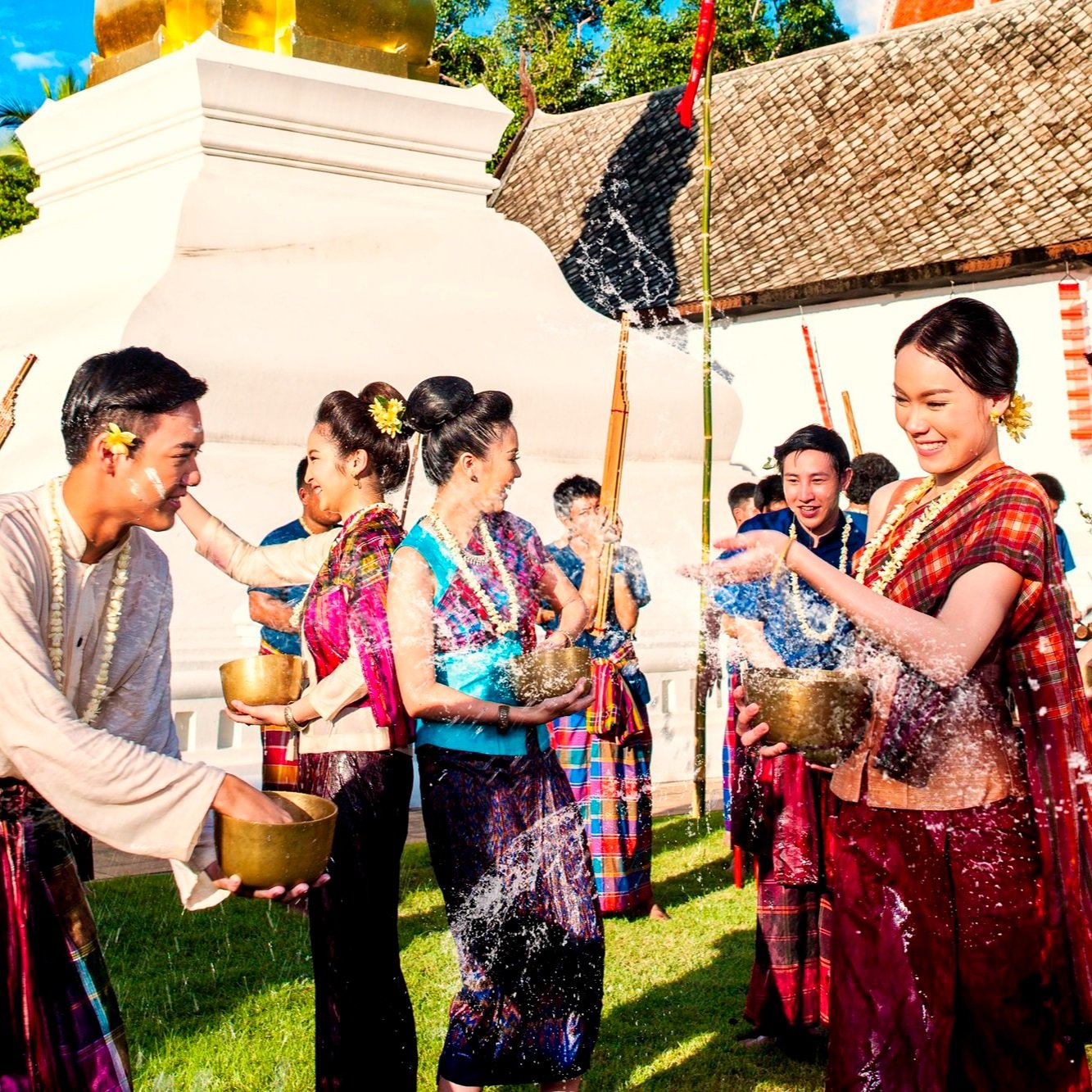
Can Thailand Celebrate Songkran Water Festival and Still Be Eco-Friendly?
As global festivals face increasing scrutiny for their environmental impact, Thailand's Songkran festival is at a pivotal moment between preserving cultural heritage and promoting sustainability. This year, as the festival draws global attention for its extended observance, efforts to balance traditional celebrations with eco-friendly practices take center stage. Through interviews with key figures in the tourism and hospitality sectors, we explore innovative approaches to reducing water wastage while keeping the festival's spirit alive.
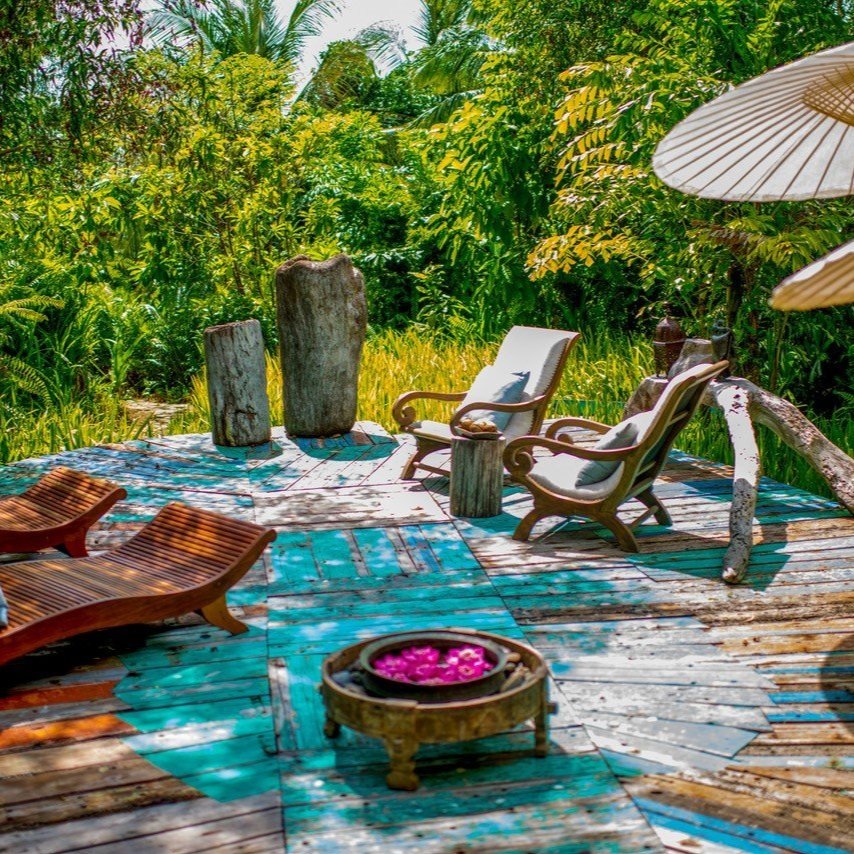
Turning Trash to Treasure: 5 Strategies to Revolutionize Waste Management in Hospitality
Effective and sustainable waste management in the travel and hospitality industry is a vital issue that requires attention.
Hotels and resorts, in their pursuit of providing exceptional guest experiences, generate significant amounts of waste, contributing to an escalating global problem.
But what if we could change this narrative? What if hotels become part of the solution instead of contributing to the problem?
By implementing innovative waste management strategies, hotels can minimize their carbon footprint and unlock new avenues for cost savings and even revenue generation through the sale of recycled products.
This approach can also help hotels increase their appeal to the growing number of eco-conscious travelers seeking more sustainable travel options. Ultimately, it leads to building a positive brand reputation, spreading word–of–mouth, and increasing customer satisfaction.

Sustainable Travel in Urban vs. Rural Areas: A Comparative Analysis
As the world continues to urbanize rapidly, it is crucial to examine the impact of travel and tourism on both urban and rural environments. Sustainable travel is gaining momentum, and understanding the differences in priorities between urban and rural communities can help the industry develop tailored strategies.
This article will explore sustainable travel in these two different environments and provide a comparative analysis of their respective challenges and opportunities.
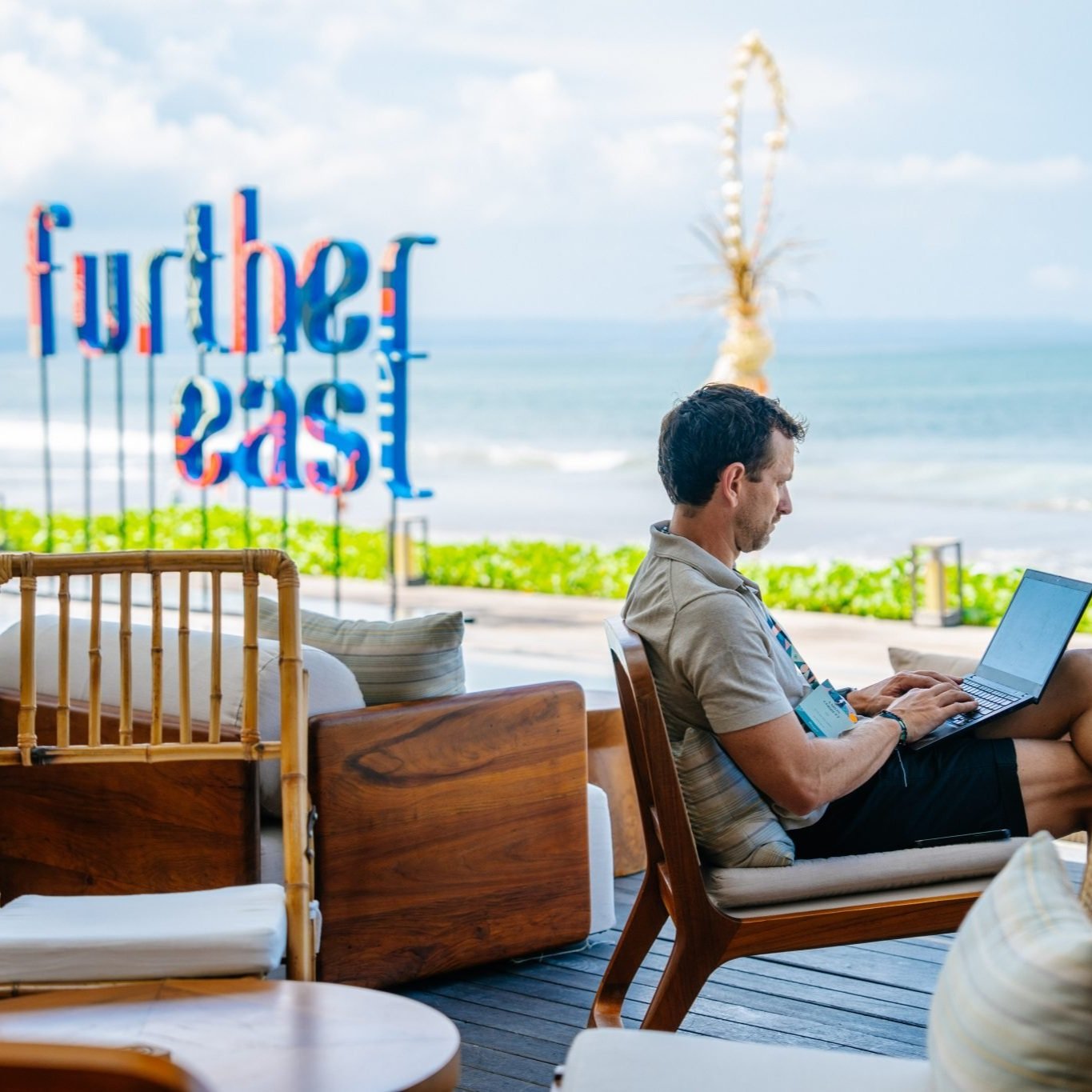
Is APAC’s Premier Travel Show Primed to Take Lead in Sustainability Transformation?
This Is Beyond brought Further East back to Seminyak, Bali for its 4th installment in November 2023. This was perhaps its largest gathering yet, connecting Asia’s world-class hotels and destinations with travel advisors and media from all around the world.
It was the Open House on day 1 that offered some of the most inspiring conversations of the entire 4-day show.
Kicking off this year’s theme, “Right here. Right now.”, the Open House featured an agenda of presentations and panel discussions guided by the principles of Inspire, Spark, and Progress.
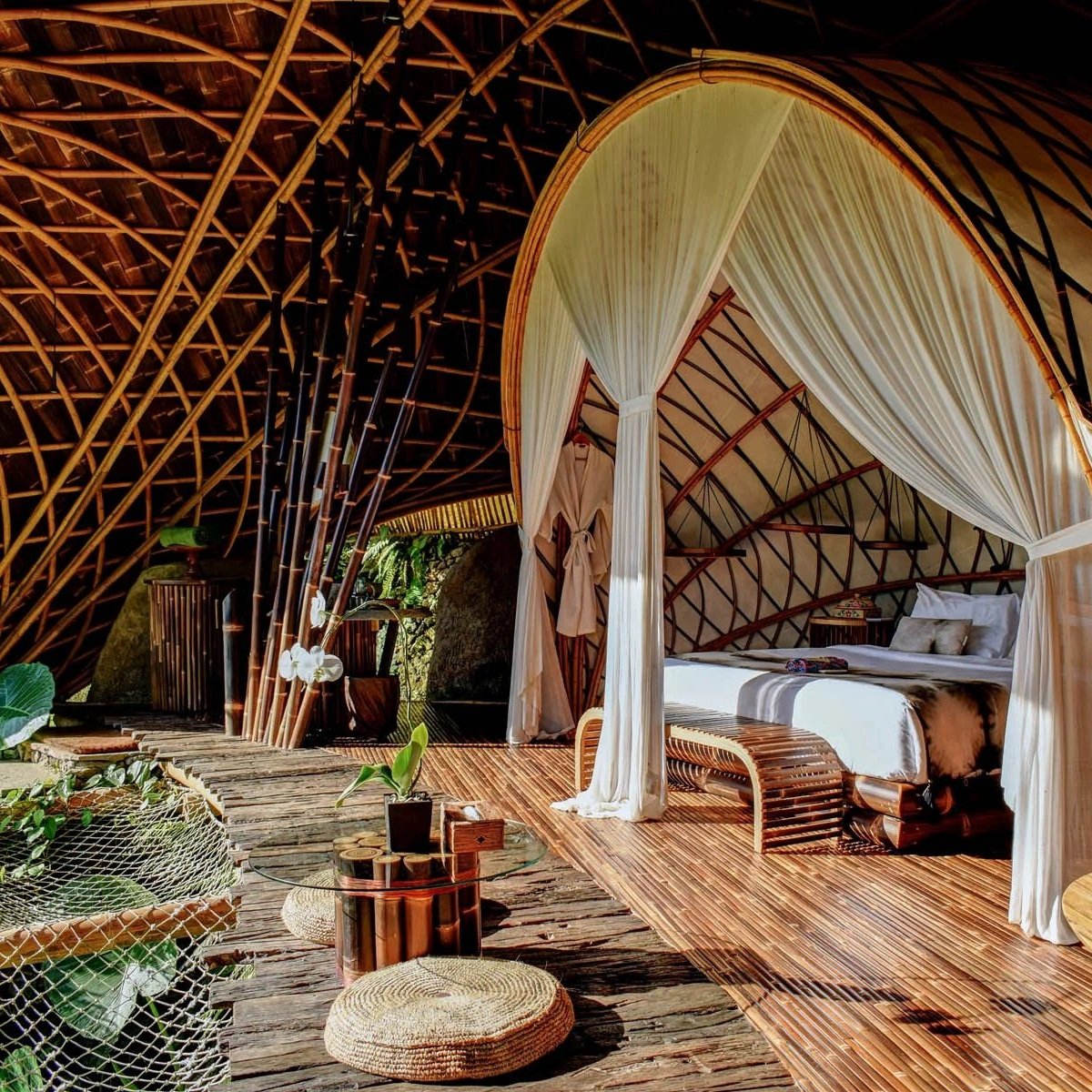
Breaking Bamboo Boundaries: Elora Hardy's Visionary Nature-led Designs Redefine Luxury
The influence of the Hardys extends far beyond the deep blue waters surrounding the island of Bali. They garner international recognition for their ‘ecologically mindful’ bamboo structures in the sustainable design community.
One of the driving forces behind the Hardy family is Elora Hardy, the Founder and Creative Director of IBUKU, a cutting-edge design and architecture studio in Ubud. In her role, Elora has not only carved a niche for herself and her family’s business but has also elevated Bali's architectural landscape to new heights.
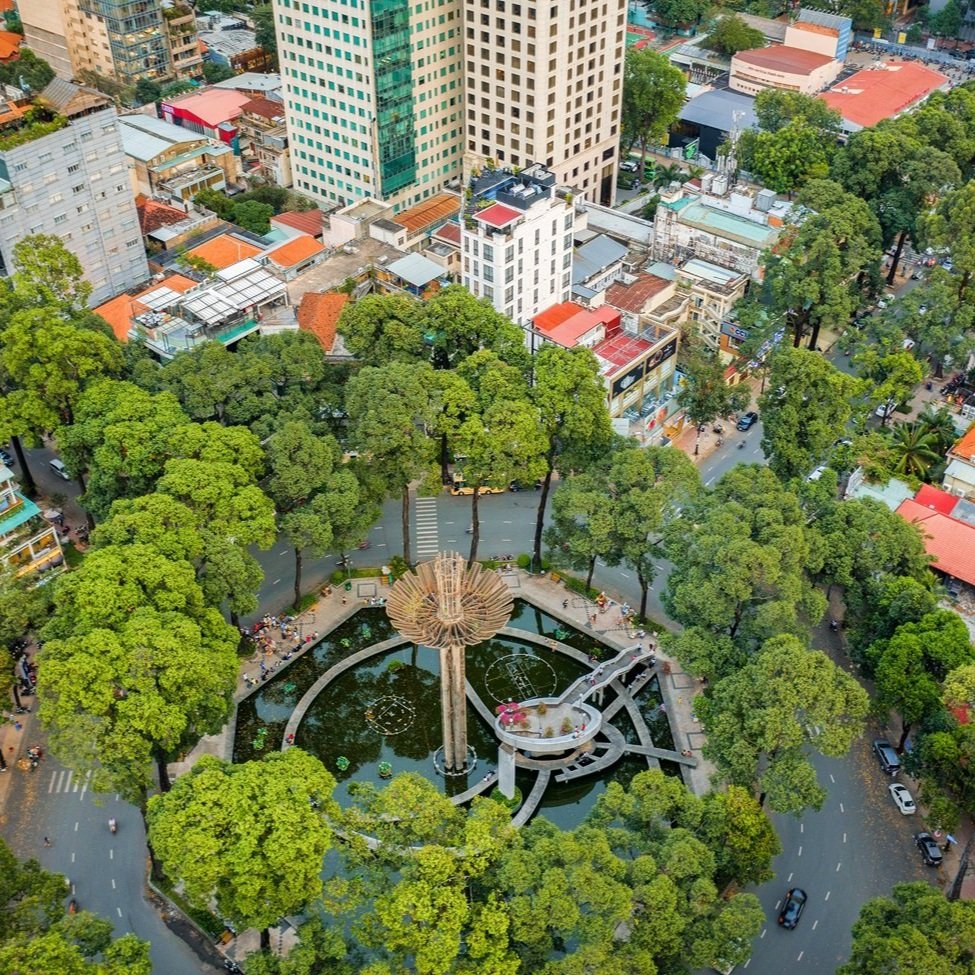
Navigating Sustainability in Vietnam's Hospitality & Travel Industry: Key Takeaways from AST Forum in Ho Chi Minh City
As the sun dipped below the bustling skyline of Ho Chi Minh City, the tranquil elegance of Bach Suites Saigon cast a warm glow upon the eager faces of travel and hospitality professionals who had gathered for the ASTB Mixer.
The event was no ordinary mixer, but a confluence of ideas on sustainable travel. The excitement was palpable as industry experts and enthusiastic newcomers came together, each carrying an air of curiosity and a shared commitment toward sustainability.
This article unfolds the enlightening encounters and key takeaways from an evening that proved to be more than just a casual meet-up but a harbinger of a sustainable future in Vietnam travel.
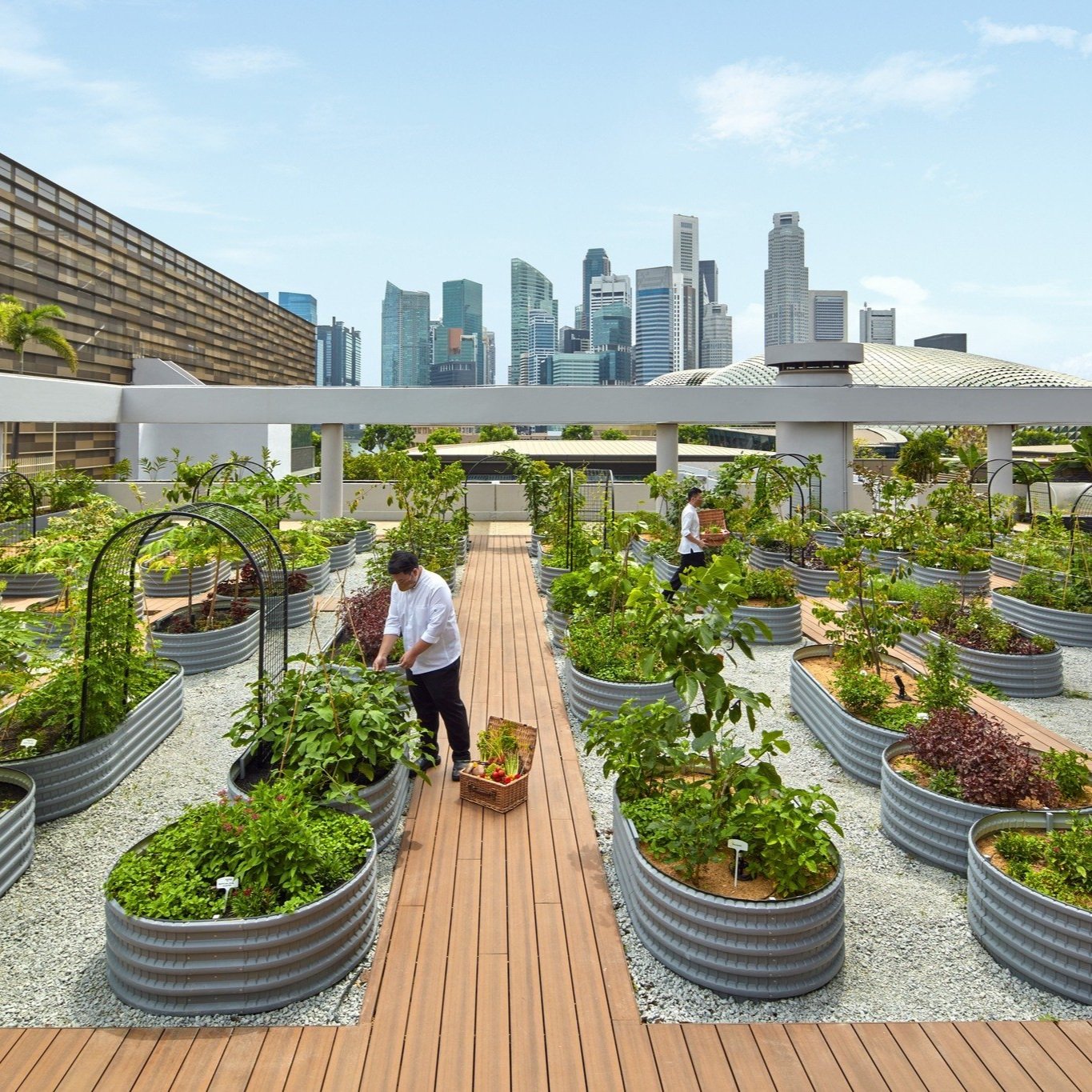
How to Empower Your Team to Champion Sustainability in the Hospitality Industry
A simple yet powerful shift towards sustainability can transform your business into an eco-friendly powerhouse. But this isn't just about swapping plastic straws for paper or reducing water usage. It's about building a team that understands and embraces the core principles of sustainability — a team that is ready to lead a sustainability revolution in hospitality and tourism.
And this journey begins with effective sustainability training for your employees — equipping your staff with the necessary knowledge and tools to drive this change.
But how can you cultivate this holistic mindset within your team to meet the growing demand of eco-conscious guests, stand out from the crowd, and put your business on the right track to a sustainable future?
We interviewed hospitality industry leaders, educators, and practitioners to shed light on this topic.
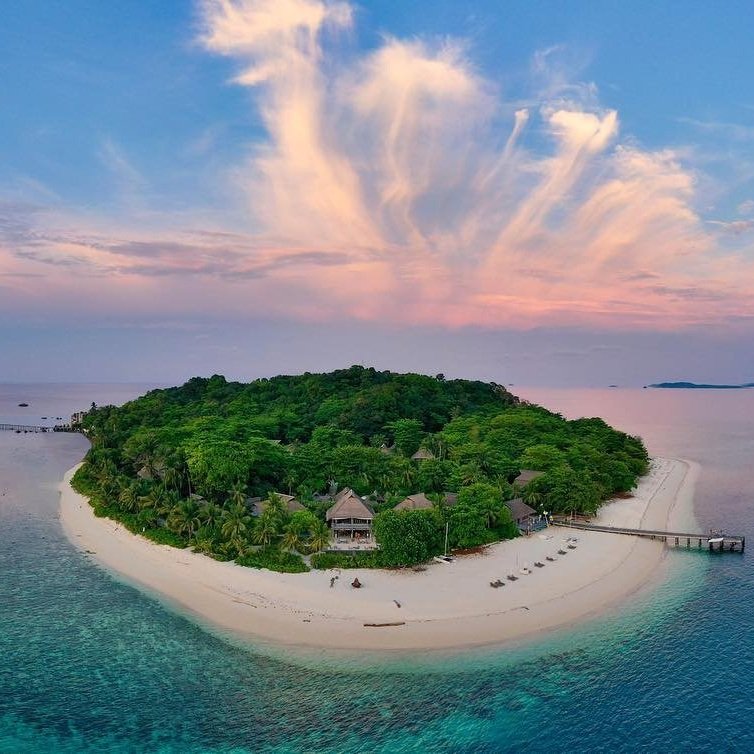
A Former Banker Bought an Island in Indonesia to Build a Retreat. What Happened Next Had Ripples of Positive Impact.
Initially seeking an island getaway from Singapore for his weekends, Andrew fortuitously stumbled upon the serene east coast of Bintan.
In 2004, Andrew embarked on an audacious adventure, joined by a handful of daring friends, as they set their sights on acquiring Nikoi Island.
Their shared aspiration was to create an idyllic sanctuary, a respite from the frenetic pace of Singapore, where individuals could reconnect with nature and embrace simplicity.
Although not formally trained in hospitality, Andrew possessed a deep understanding of what he desired as a discerning customer. He assumed the role of an empathetic guest to meticulously create an experience that resonated with his own heart.
What Andrew started has had a ripple of positive impact on the lives of so many including his 200-strong staff and the communities around the two islands.
Today, Nikoi Island is a Global Ecosphere Retreats®, the highest level of membership in The Long Run community, and Cempedak Island is a Fellow Member. Andrew and his team continue using The 4C Framework, centered on Community, Culture, Conservation, and Commerce as their guiding sustainability approach.
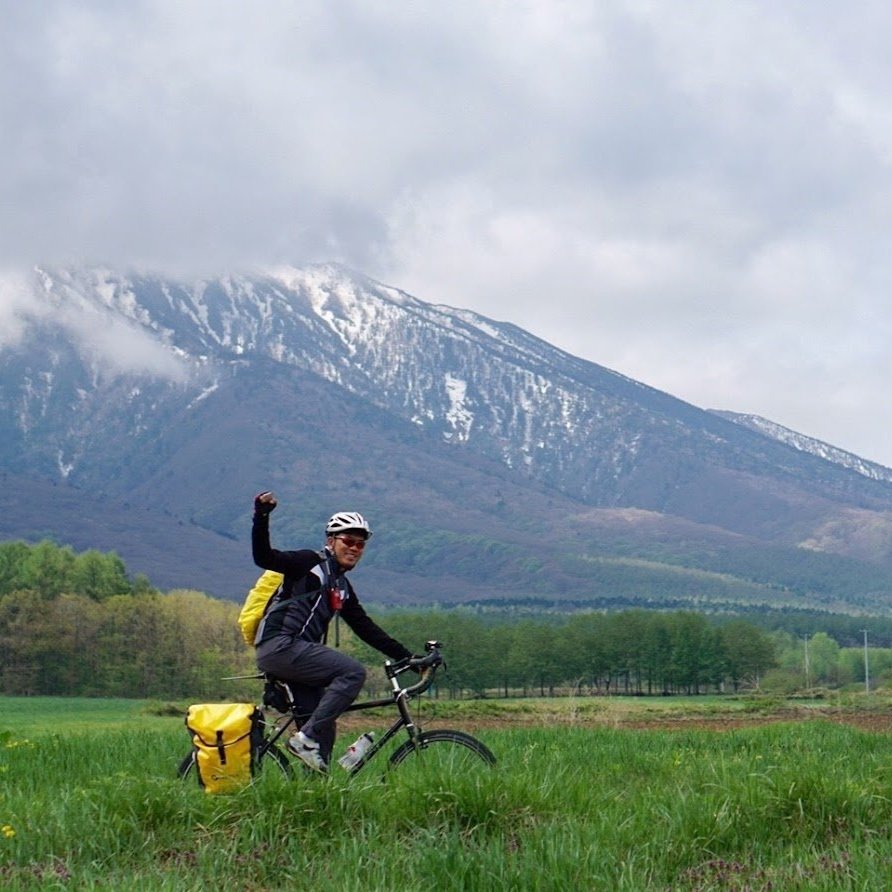
From Zero to Hero: The Journey of a Sustainable Travel Startup in Asia
Every hero's journey begins with a call to adventure, and for Nantapol Khaimuk, this call came from an unlikely place: a career in finance and banking. Like many business and finance graduates, he found himself striving towards the common career goal of working for a globally recognized consumer bank. But as he sat behind his computer screen day after day, he began to yearn for something more.
Inspired by his passion for travel and outdoor activities, Nantapol decided to shift from finance to adventure. The nature of banking, with its rewards heavily dependent on outside factors, wasn't aligning with his desired lifestyle. He longed to be outdoors, to travel, and to find a way to earn from this passion.
The decision to start his own business was both risky and exciting, but it allowed him to put his educational background and personal interests to the test. It was an unconventional beginning, a leap into the unknown.

Is K-Wave Driving Overtourism or Molding a New Generation of Climate Activists?
The Korean Wave (K-Wave), or Hallyu, encompasses various aspects of Korean culture such as drama, pop music, beauty trends, and gastronomy. While it may seem unrelated to sustainability, it offers valuable insights into smart collaboration and diversification to build engaging audiences and promote sustainable choices in consumption and travel.
However, the K-wave is not without its controversies. The Korean entertainment industry has been criticized for its intense work schedule, which has taken a toll on the physical and mental health of celebrities. Many argue that it has also contributed to overconsumption and overtourism.
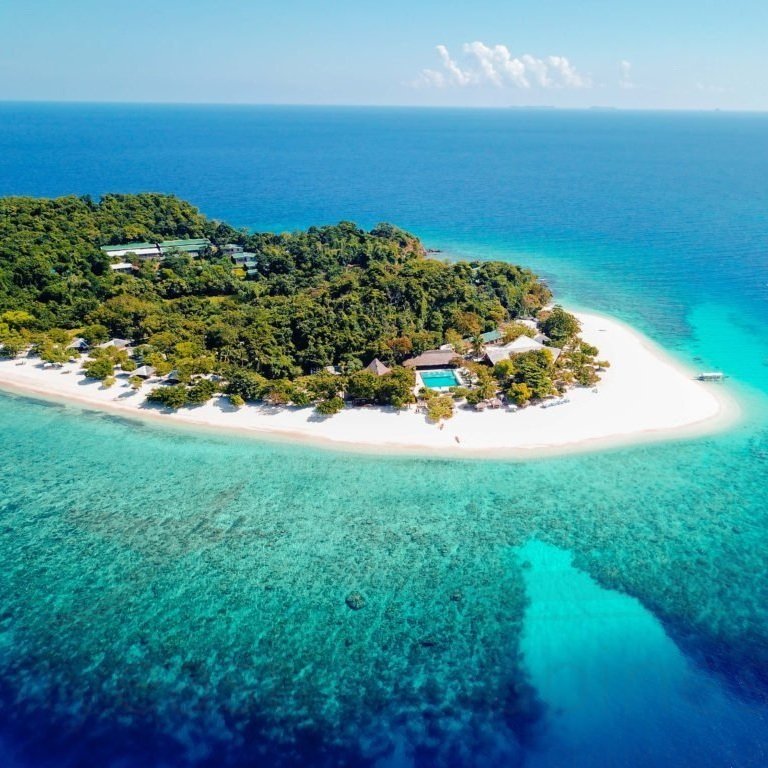
Paradise Reimagined: Club Paradise Palawan's Sustainable Journey
In the heart of the breathtakingly beautiful Coron, Palawan, Philippines, where turquoise waters meet lush green landscapes, exists a small island that has been on a remarkable journey to sustainability — Club Paradise Palawan.
Over the years, the resort has not only achieved a harmonious balance between providing a luxurious guest experience and ecological stewardship but has also established itself as a pioneering model of sustainable tourism and gained recognition as one of the world's top sustainable destinations.

Five Key Insights from the World’s Leading Responsible Tourism Experts
Every year, The Long Run, the premier global membership community of conservation-led tourism businesses, assembles to celebrate its mission to safeguard ecosystems for the well-being of all.
The 13th Members’ Annual Meeting, hosted by Nikoi Island and Cempedak Island in Bintan, Indonesia, was a testament to the commitment of over 50 members and guests to create resilience through diversification, collaboration, and long-term planning.

How Weeva Is Reshaping Sustainable Tourism
While responsible for approximately 11% of global greenhouse gas emissions, the tourism sector also provides employment for around 10% of the world's population. This vast community has the potential to make a significant impact. Accurate and holistic data collection plays a crucial role in this endeavor.
Enter Weeva, a Software-as-a-Service (SaaS) platform designed to empower tourism businesses to monitor its impact and drive change.

